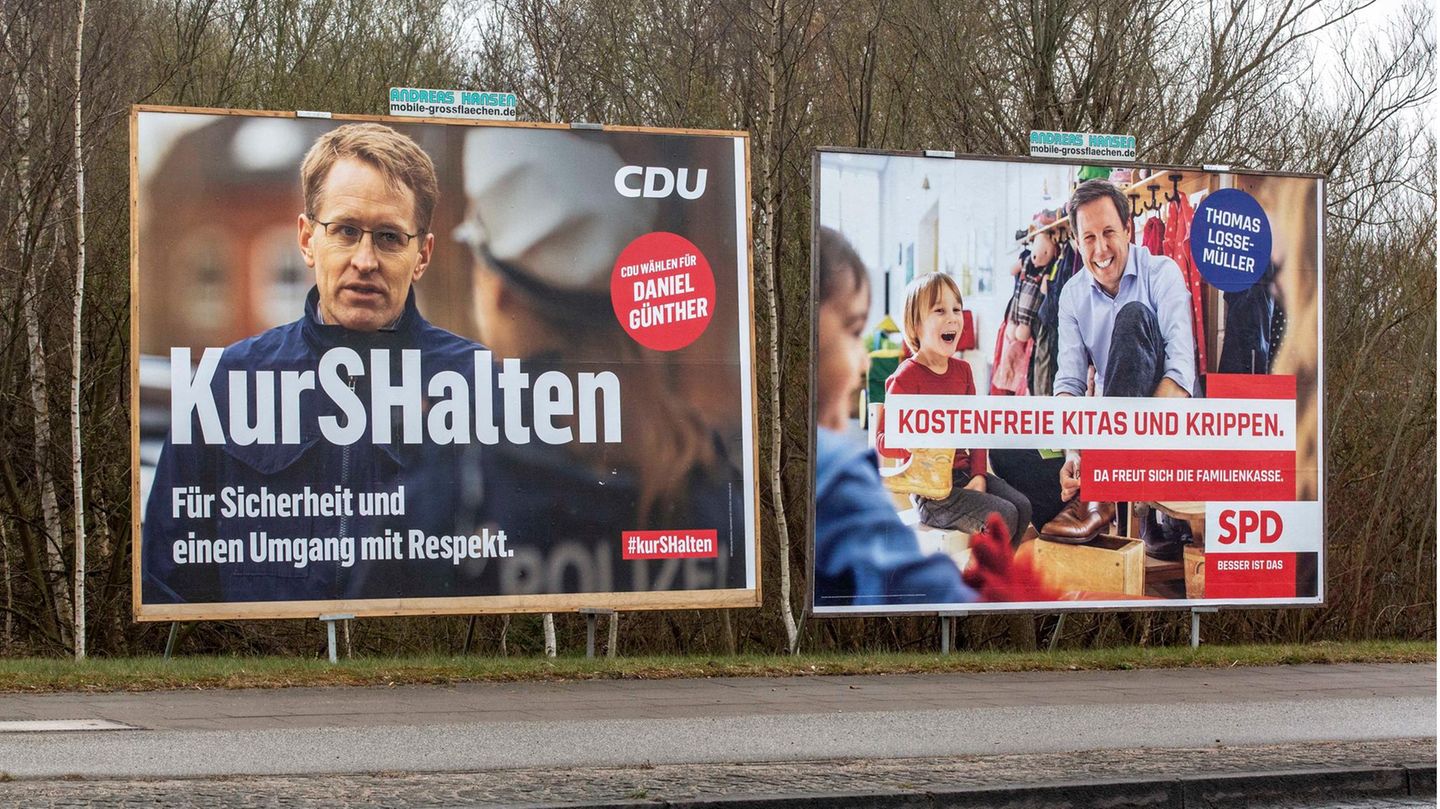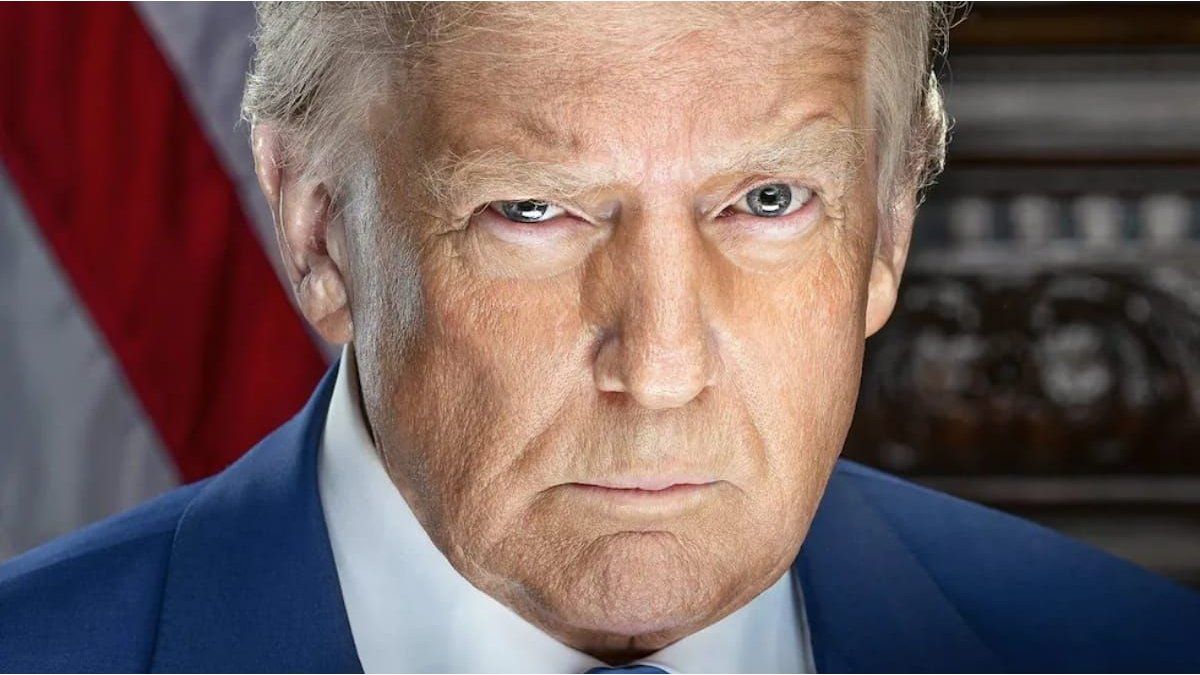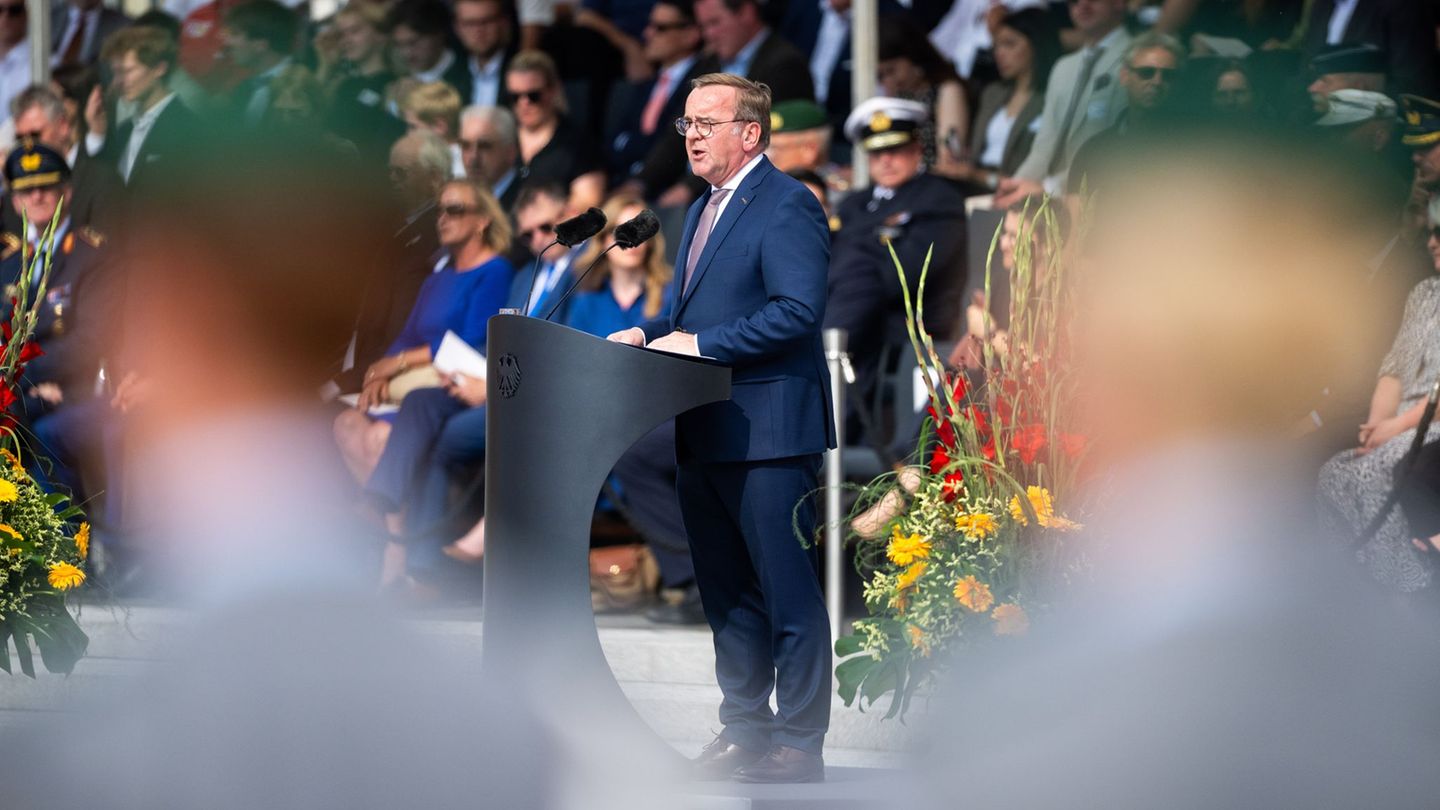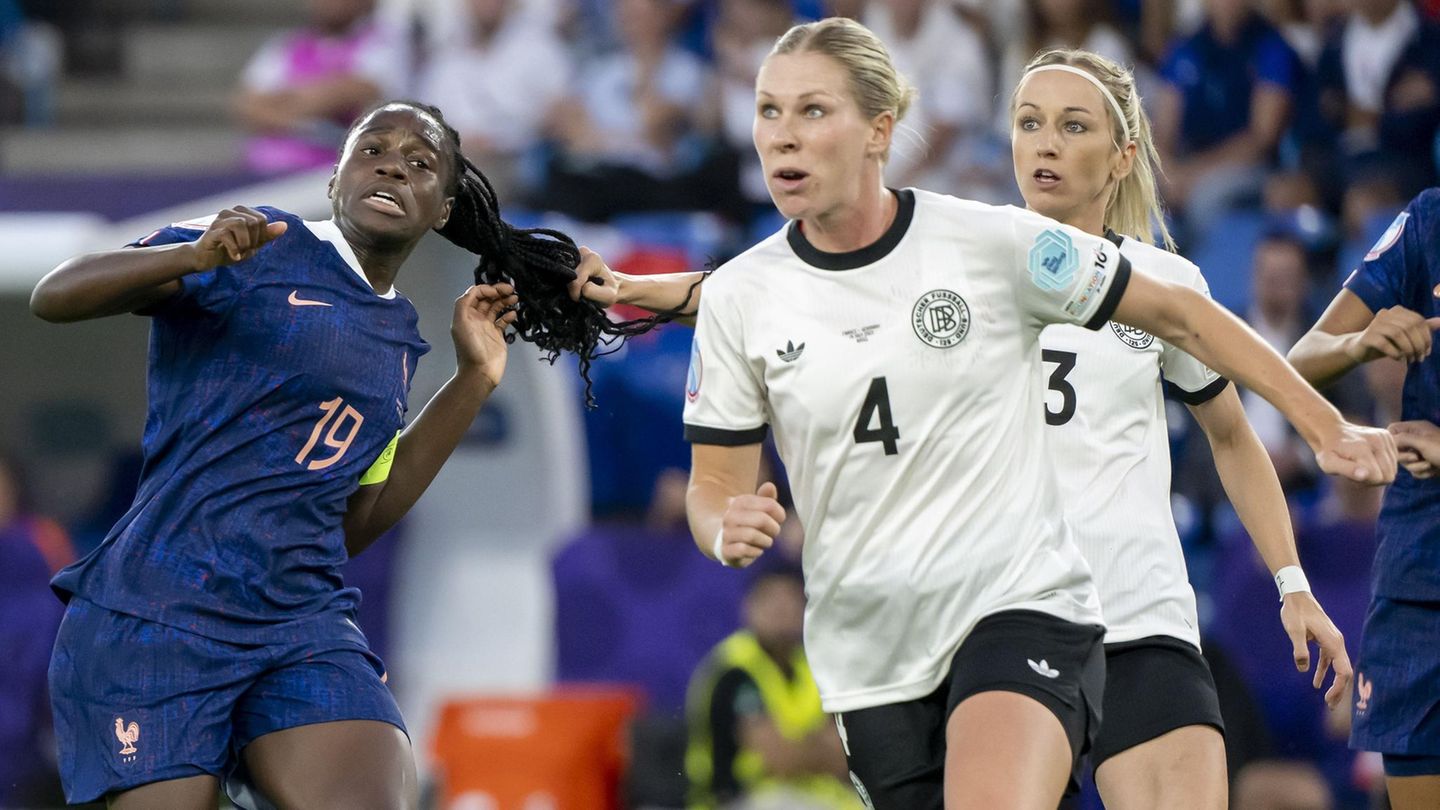The parties are looking forward to the elections in Schleswig-Holstein and North Rhine-Westphalia. In particular, the vote in the most populous federal state is a first indicator of the traffic light government and Olaf Scholz’ Ukraine policy.
SPD leader Lars Klingbeil is combative. “Many people are still undecided,” says Klingbeil before the state elections in Schleswig-Holstein this Sunday. But for SPD challenger Thomas Losse-Müller, given the popularity of CDU Prime Minister Daniel Günther shortly before the election, it does not look like victory. Even the Greens with top candidate Monika Heinold could still challenge the SPD for second place. So CDU leader Friedrich Merz is more likely to have a good laugh than the SPD leadership on Sunday evening. But the far greater mood test for the federal government, for Merz as well as for the SPD and Federal Chancellor Olaf Scholz, is due a week later – with the ballot in North Rhine-Westphalia.
Scholz in the criticism – Merz is statesmanlike
Whether it’s compulsory corona vaccination or the 100 billion euro special fund for the Bundeswehr – opposition leader Merz is trying to balance traffic light criticism and state political responsibility. With his trip to Kyiv, he may have tried to drive Scholz further ahead. The chancellor has recently been repeatedly on the defensive because of his communication style, which is often considered dull and secretive, and his Ukraine course. After the two state elections in a row, is the Union in the opposition now gaining ground? Is the chancellor party SPD getting into heavier waters?
The Union as a whole is still stuck with its 24.1 percent in the federal elections, the CDU also its 28.5 percent disaster in the state elections in Saarland in March. The Christian Democrats in the north could once again ensure an election night with a jubilant mood – and a result possibly well over 35 percent. Günther of all people, who was not considered a Merz fan in the CDU power struggle before the federal election, should give the CDU leader a boost in the federal government.
SPD relies on Scholz effect in elections in North Rhine-Westphalia
NRW Prime Minister Hendrik Wüst has a harder time in the state elections on the Rhine and Ruhr a week later – Wüst’s CDU and the SPD with top candidate Thomas Kutschaty are in a neck-and-neck race, with observers missing tension and differentiation in the election campaign. Even if this is not without risk, the NRW-SPD is fully committed to Scholz in the final spurt of the election campaign. New posters are hanging on the streets again, showing Kuchaty and the Chancellor smiling happily and looking into the distance – is the Scholz effect working?
If the SPD manages to end the CDU government in the most populous federal state, Scholz could also take the victory as confirmation of his course. For example, on the issue of weapons for Ukraine, the chancellor had been criticized by some from within the coalition for being timid. During the election campaign, Wüst also took up the discussion about the relationship between the SPD and Russia and attested that the chancellor party had a “Putin problem”. Whether the war and federal politics have a decisive influence on the outcome of the election or not – if the Dusseldorf State Chancellery remains in the hands of the CDU, this would at least put a heavy damper on the Social Democrats.
Kuchaty does not want to give up hope for the post of prime minister in advance, even if he comes second. It is “in principle nothing forbidden” to become prime minister, he said in an interview. Such hopes are based on the expectation of a good Green result. Based on the surveys, it is difficult to predict what a coalition in North Rhine-Westphalia might look like.
CDU is hoping for a two-party alliance in Schleswig-Holstein
In Schleswig-Holstein, given Günther’s lead, the Greens and the FDP will probably be the focus of attention right away on the evening of the election. Instead of needing green and yellow again, a two-party alliance could be enough for the CDU in the likely event of an election victory.
After the resignation of its co-boss Susanne Hennig-Wellsow and the debate about allegations of sexism, the crisis-ridden left cannot expect any tailwind from the two state elections. In the surveys, it was 3 percent in both federal states. The AfD, which is engaged in an ongoing dispute about its content orientation and its course on Russia, has been represented in the state parliaments in both North Rhine-Westphalia and Schleswig-Holstein since 2017 – there are no signs of major gains or major losses.
Source: Stern
David William is a talented author who has made a name for himself in the world of writing. He is a professional author who writes on a wide range of topics, from general interest to opinion news. David is currently working as a writer at 24 hours worlds where he brings his unique perspective and in-depth research to his articles, making them both informative and engaging.




